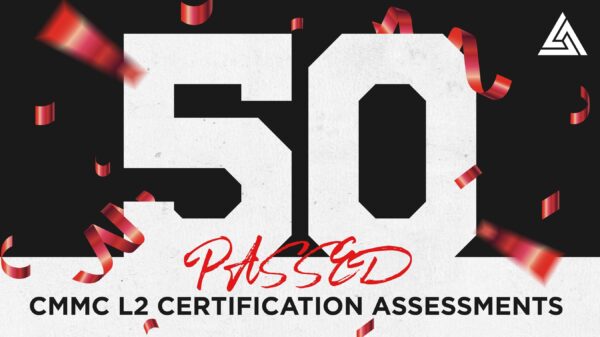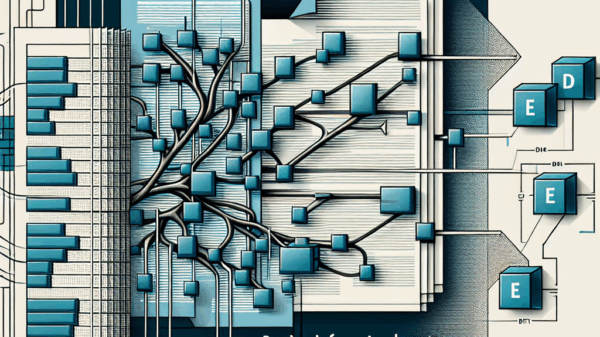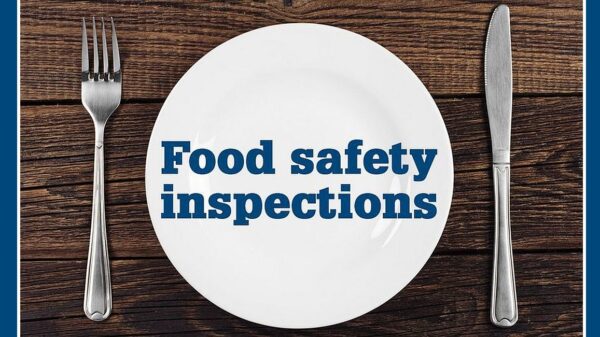At the age of 14, Jamie Silvonek was sentenced to 35 years to life in an adult prison for her role in the murder of her mother, Cheryl Silvonek, in Upper Macungie Township, Pennsylvania. Now, ten years later, she is seeking the commutation of her sentence to life on parole. Commutations are notably rare, particularly for women; from 1990 to 2017, there were no commutations granted in Pennsylvania. The situation has improved slightly since then, with only ten women having their sentences commuted since 2018.
Silvonek believes in the possibility of change and redemption for herself and others. She reflects on the profound impact of her actions, acknowledging the deep sense of loss experienced by her family. “My father lost his wife of over 30 years; my brother lost his mother; and my grandparents had to bury their only daughter,” she writes, emphasizing the far-reaching consequences of her crime. Even a decade later, her family continues to deal with the emotional fallout, which has rippled throughout their community.
Living with the weight of her actions for so long has led to a profound transformation in Silvonek’s perspective. She expresses a sense of gratitude for life, stating, “Today, I know that the purpose of my life is to honor my mom and her love for me by becoming a person that she can be proud of.” This commitment to change is fueled by the support and forgiveness from her family and community, which have inspired her to seek a positive path forward.
Silvonek also highlights the stories of the women she has met while incarcerated. She believes they, too, deserve a second chance, as they are much more than their worst decisions. “The women inside that I am grateful to know and love are infinitely more than their worst decisions, and they have so much to contribute to our communities,” she states.
If granted commutation, Jamie Silvonek plans to reunite with her family and support vulnerable young people to prevent future tragedies. “It would mean everything to me to have the opportunity to care for them the way they’ve cared for me,” she adds. She aims to demonstrate that young people who have made poor choices can indeed change and contribute positively to society.
Silvonek’s appeal for mercy is a call for compassion in a system that often seems unforgiving. She reflects on the nature of human kindness, stating, “The most beautiful thing about us, as humans, is our capacity for radical compassion.” Her journey illustrates a belief in the transformative power of forgiveness, both for herself and those around her.
This opinion column is a personal reflection, and the views expressed are those of Jamie Silvonek. It provides insight into her desire for a second chance and highlights the broader issues surrounding the commutation process in Pennsylvania.


































































